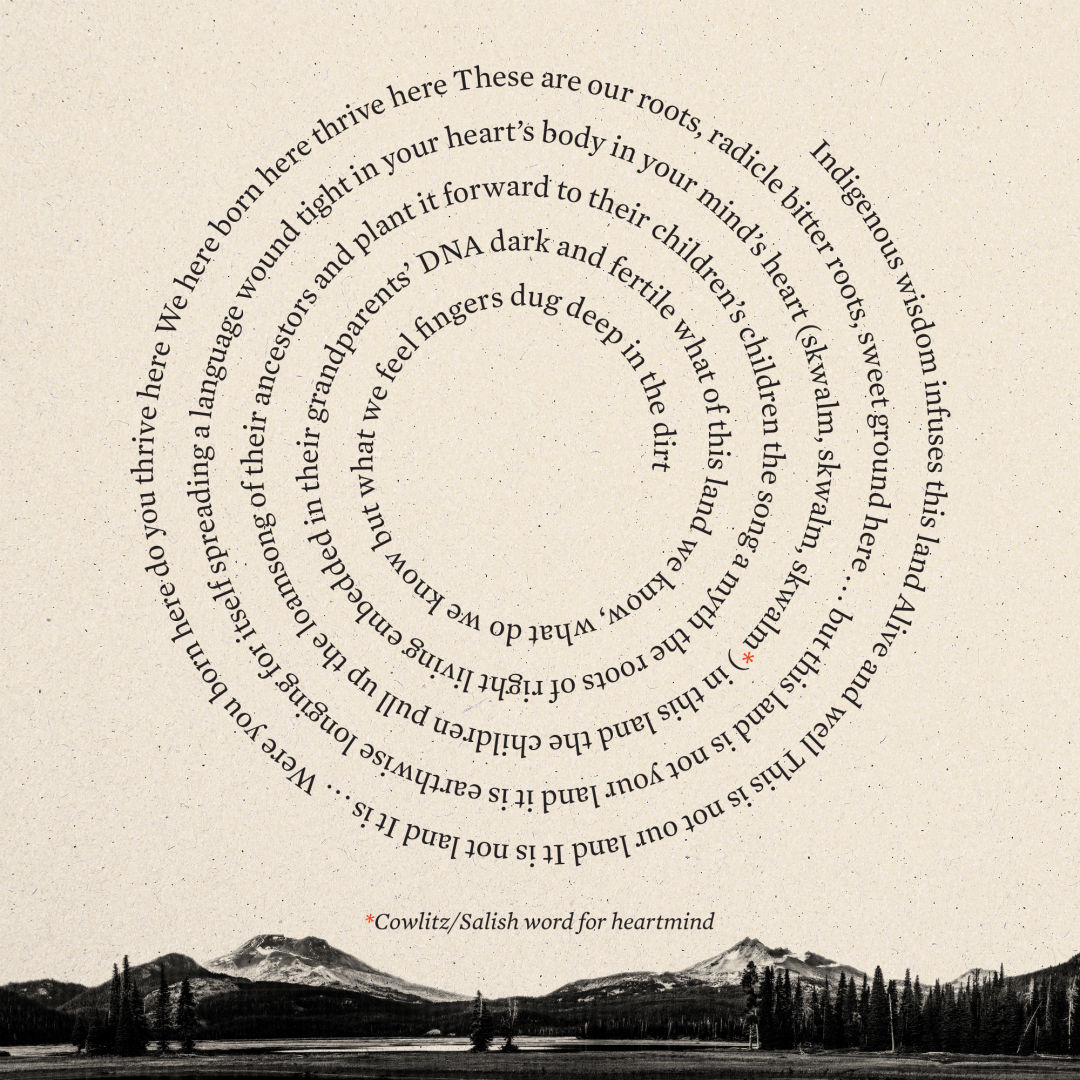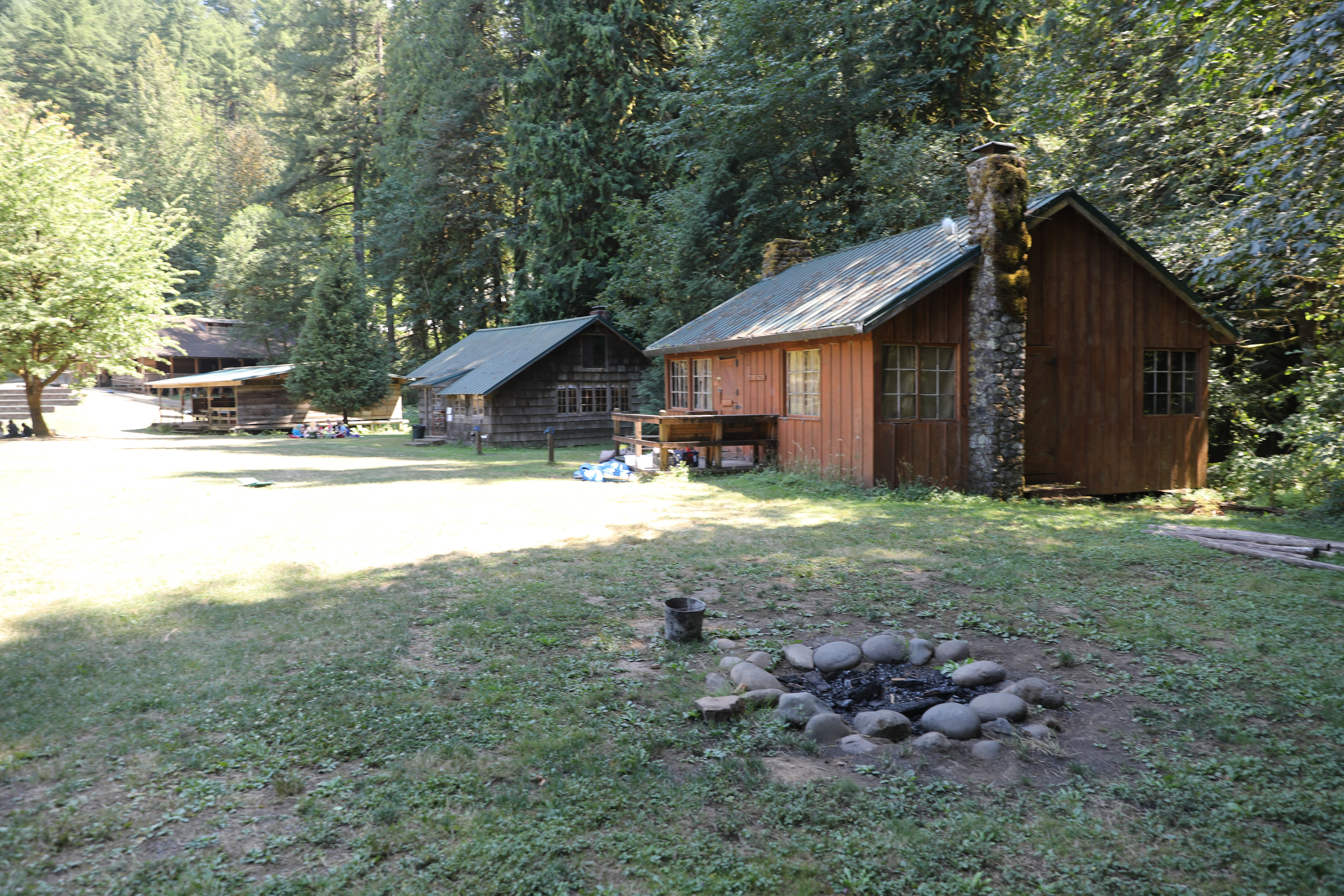Oregon’s 1920s-Era State Song Is Nakedly Racist
For nearly 100 years, schoolchildren around Oregon have dutifully warbled the state song, “Oregon, My Oregon,” its nativist lyrics gleefully celebrating the defeat of Indigenous tribes at the hands of victorious and noble pioneers.
Now, after a history-making summer of interwoven upheavals over the Black Lives Matter movement and the COVID-19 pandemic’s disproportionate effect on communities of color, a reckoning is at hand.
“It’s part of the issues going on with Confederate statues and changing names of schools or things like that. Anytime people are talking about history, it’s a good thing. It shows that history is relevant and important,” says Kerry Tymchuk, executive director of the Oregon Historical Society. “But once things are named or created, are they supposed to be that way forever? I mean, I don’t think so. History changes.”
“Oregon, My Oregon” as we know it was a result of a competition held by the Society of Oregon Composers in 1920. Some 200 Oregonians submitted lyrics for the contest, and a collaboration between Astoria judge John Andrew Buchanan and musician Henry B. Murtagh won out. (Though the winner was a racist celebration of white colonizers, several of the songs in the competition’s reject pile make Buchanan and Murtagh’s ballad seem progressive in comparison.)
Lawmakers have been tossing around the idea of changing the song for more than a decade, with no success. State Rep. Sheri Schouten, D-Beaverton, first introduced a bill to modify the lyrics back in 2017 but ran into opposition from traditionalists in the legislature. Now, Schouten predicts a very different reaction when she reintroduces the proposal in the legislature in January. This time, she says, “This bill will move.”
“The BIPOC caucus is on board,” she says. “So is the state director of diversity, equity, and inclusion. I am going to introduce it at the very start of the session. People can quibble about whether this is racist or not, but if you have a lot of people of color who say it is offensive, that is all I need to change it.”
Tymchuk walked us through the song and highlighted some of its problematic areas.
“Oregon, My Oregon”
written by John Andrew Buchanan and Henry B. Murtagh
-
“Well, that is specifically talking about the Caucasian pioneers that came out here, and conquered, meaning they conquered the Native Americans [and] Indigenous people who were here first, and ‘held by free men,’ which could be talking about slavery or the exclusionary laws in Oregon which banned Black people from settling in the state.”
-
“Fairest: does that mean as in fair and just, or fair as in light-skinned?”
-
“It also gets the weather wrong. Land of sunshine? It completely ignores the rain here, so there’s that issue.”
-
“What martyrs are they talking about? Are they talking about the people who came out here and fought the Native Americans? I mean, they’re certainly not talking about the Native Americans.”
-
“[This song was] written as a hymn, as a tribute to the pioneers or the settlers, but it kind of bypasses history and doesn’t deal at all with people who were already here and have been here. Oregon’s history is much more complicated than the history presented in the state song.”
This Land is not Your Land
We asked Christine Dupres, an enrolled Cowlitz Indian and Cree descendant, for a reconsideration of the state song. She used the nonlinear tradition of Indigenous storytelling, echoing the overlapping cycles of the seasons. Think of it, she says, as a powwow chant, set to the beat of drums. Close readers will note the word “Oregon” does not appear in her interpretation, which is on purpose: “A state within a nation-state is an artificial concept,” says Dupres. “Indigenous people consider this a place currently called Oregon. We long for a time when it is something entirely different.”

"This Land is not Your Land" by Christine Dupres, an enrolled Cowlitz Indian and Cree descendant.
Image: Brian Breneman




